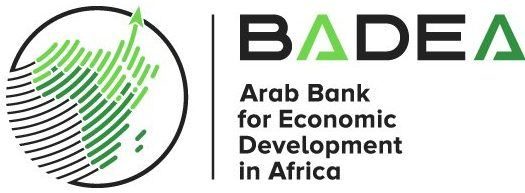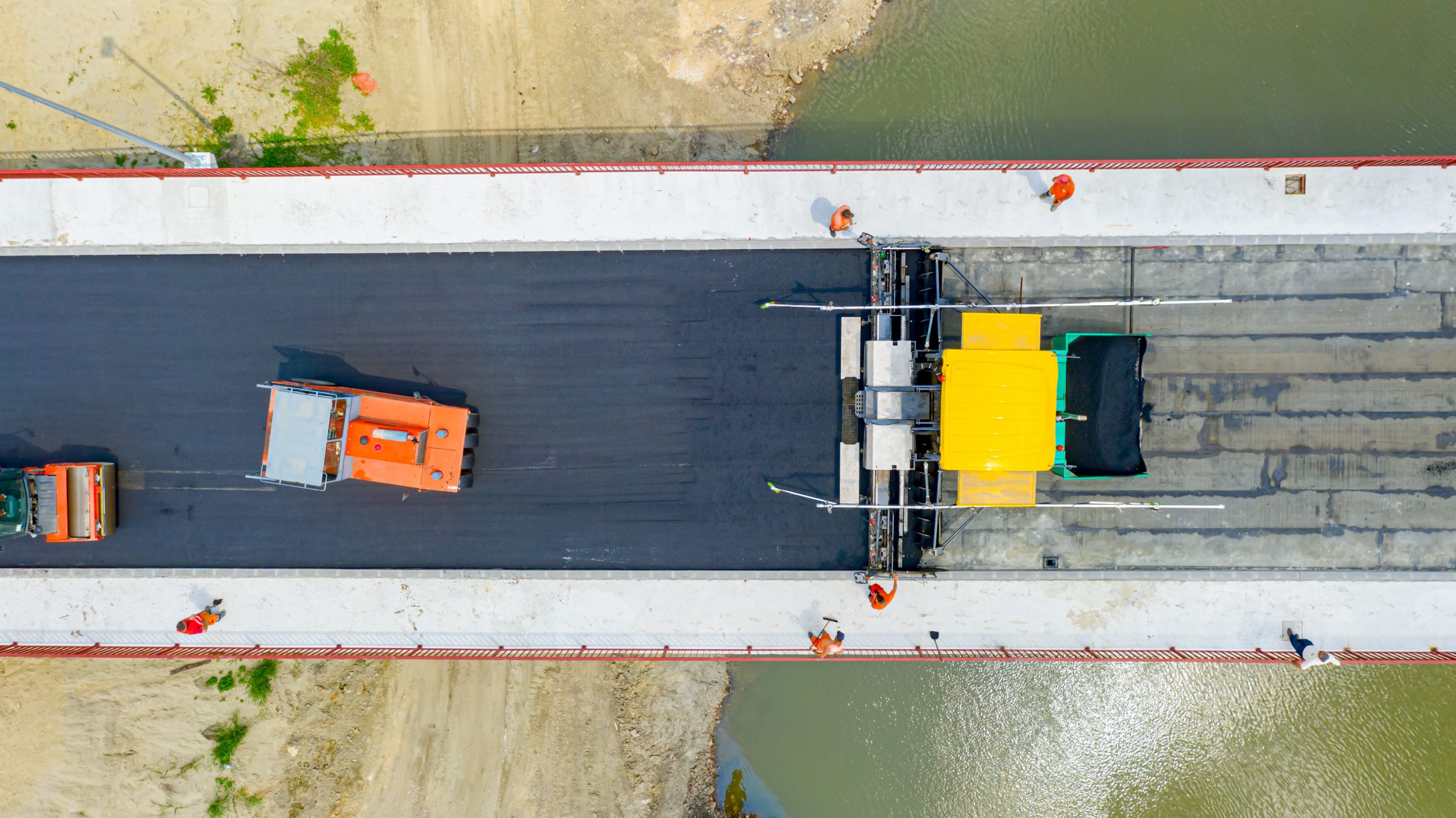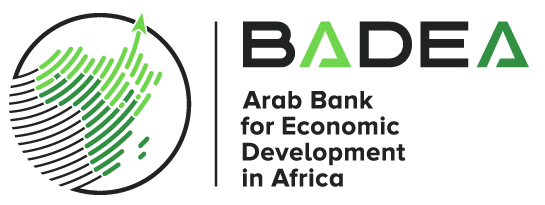
BADEA 2030
A Strategic Framework for Arab-Africa Cooperation and Shared Prosperity
BADEA 2030
A new strategic framework for Arab-African Cooperation
In 2020, BADEA adopted its inaugural 10-year strategic framework to strengthen Arab-African cooperation and to tackle the most pressing development issues in Sub-Saharan Africa.
BADEA 2030 is the fruit of close consultation between multiple key stakeholders and development partners in Africa ranging from public and private sector operators, NGOs and DFIs, among others, to identify the top priorities of beneficiary countries.
Since 1983, prior to the launch of the 10-year BADEA 2030 Strategy, the Bank’s direction was governed exclusively by its five-year plan. The new strategic vision now complements the five-year plans.
BADEA 2030 is a four-pillar strategy governing the Bank’s investment and strategic priorities, in line with the United Nations Sustainable Development Goals and the African Union’s 2063 Agenda to build “The Africa We Want”.
The four developmental pillars aim at driving inclusive growth and enhancing sustainability: Infrastructure Investment, Agricultural Value Chains, Trade and Private Sector Development, and SME & Entrepreneurship.

Strategizing a Sustainable Future in Sub-Saharan Africa
The 2030 strategy affirms the ambition of our development institution to give its strategic partnership with beneficiary countries a new impetus that meets their expectations. BADEA 2030 is adapted to the challenges of today’s world.
Our objective is to contribute in an innovative way to the sustainable development and transformation of beneficiary countries, thus contributing to the improvement of the living standards of their populations to ensure shared prosperity.

The BADEA 2030 Vision
“To be the lead platform for Arab-African Economic Cooperation for Development”

BADEA 2030 Mission and Strategic Objectives
BADEA’s Mission: to promote Arab-Africa economic cooperation through financial assistance, investment and technical support.
Strategic Objectives
Objective 1: to identify, develop and promote strategic economic cooperation opportunities between Arabs and Africa.
Objective 2: to innovatively contribute to the sustainable development and structural transformation of African countries with reference to the United Nations Sustainable Development Goals and Africa 2063.
BADEA 2030 is committed to a results-based approach and has introduced a result framework to assess its management, operations, and delivery of products and services based on selective development goals that are relevant to its key stakeholders and regional and international agendas.





